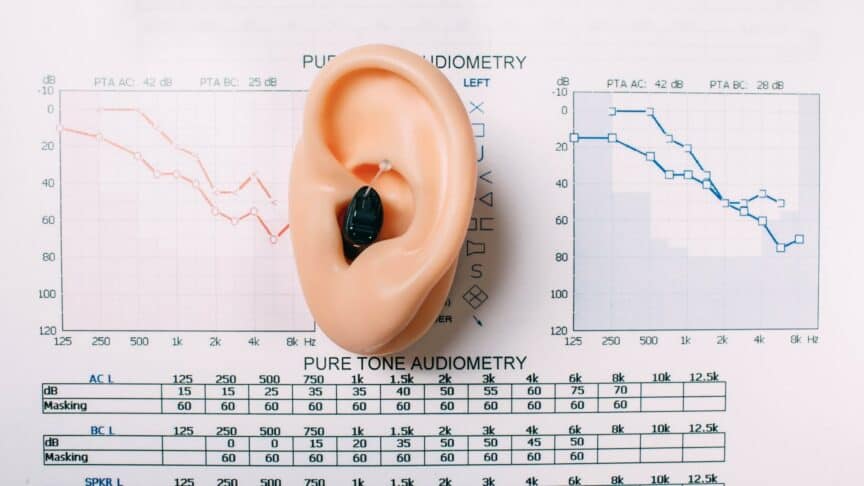
Avoiding Hearing Tests Could Make the Problem Much Worse
When we first get the idea that hearing loss might be a problem, we might do a number of different things. Some people try to get help as soon as possible because they want to be able to talk again and fully participate in the sound world. Others don’t want to get help for a variety of personal reasons, and still others would rather not believe that their hearing is getting worse.
You are the only one who can decide whether or not to get treatment for hearing loss, and like any other important decision, you have to be ready to start down the path. But it’s important to know how bad things could get before you put off getting help for hearing loss. In some situations, something that seems like a hassle could actually be making your hearing loss worse or causing other health problems. Getting a good idea of how hearing loss affects you will help you decide how soon you need to seek treatment.
Your health and hearing loss
If hearing loss only affected the ears, it might be more of a managable issue. The problem is that it is linked to a wide range of health problems.
Hearing loss is more common in people with cardiovascular disease, and researchers think there may be a link between oxygen flow and inflammation. Diabetes and obesity are also linked physical health problems. Even though it’s not as simple as saying that hearing loss causes these other health problems, the link between them is enough to make you think.
Hearing loss is also linked to mental decline as well as physical health. In this case, many researchers think that hearing loss could be a cause of cognitive decline and even dementia. The thing that seems to connect them is their ability to talk to each other. When a person has trouble hearing, conversations sound like a bunch of random sounds instead of words and phrases. This jumble of sounds can become a puzzle without all the pieces, and researchers think that this confusion can lead to serious cognitive problems, like dementia.
Hearing loss that isn’t treated can also cause problems with your mental and social health. When someone has trouble talking to other people, it can destroy their sense of connection with them. People can feel emotionally and socially alone if they don’t have many conversations. It’s not surprising that this kind of isolation can lead to frustration, anger, anxiety, and even depression. On top of this social struggle, people with hearing loss also have to come to terms with their own limitations, which can be hard on their minds and emotions.
The benefits of hearing loss treatment
Instead of thinking about how untreated hearing loss can hurt your health, think about how getting treatment can help. Once you get the help you need, many of the bad things you associate with health problems can go away. People who wear hearing aids do better on cognitive tests as they get older, and even those who still have problems tend to lose their abilities more slowly.
When hearing aids help you understand what people are saying, you may feel like you’re back in touch with them. People say that hearing aids give them a sense of independence and make them feel like they can move around the world with confidence.
With all of these benefits in mind, why not get a hearing test as the first step toward getting help? The test itself is quick, doesn’t hurt, and is easy to complete. With those results in hand, we can make a thorough diagnosis and suggest the right type of hearing aids for you.
You might be surprised by the new features and abilities of hearing aids. For example, they can separate the voice of the person talking to you in a noisy room and cut down on background noise in general. When Bluetooth connectivity and streaming are added to the list of functions, hearing aids have benefits that go beyond health and wellness.
